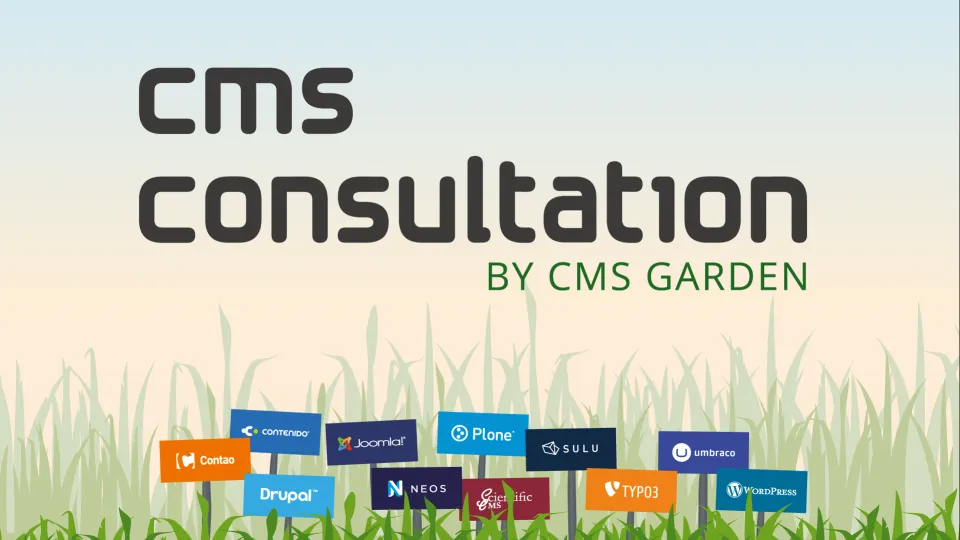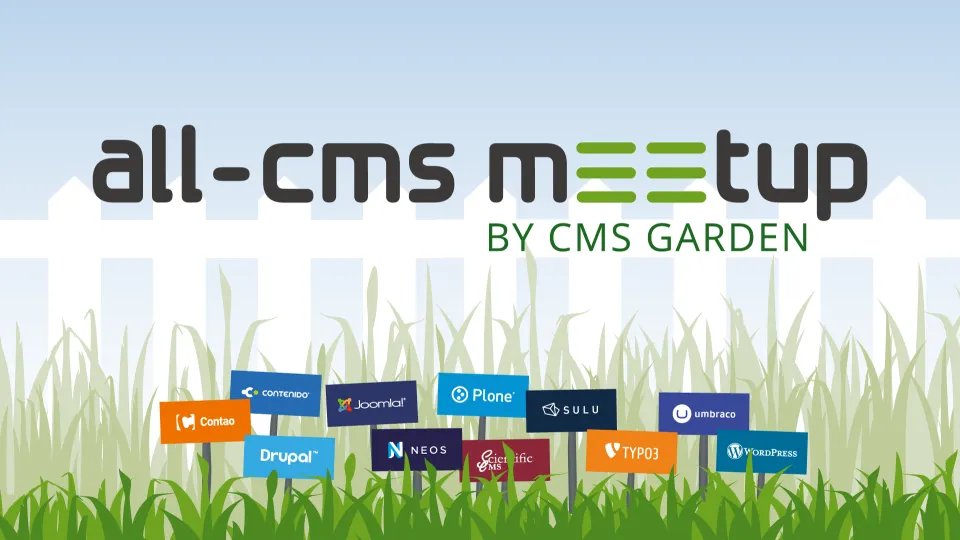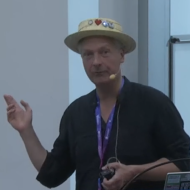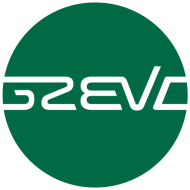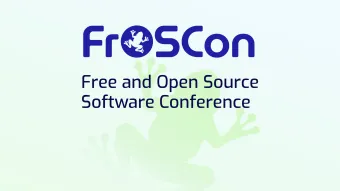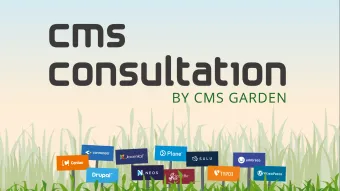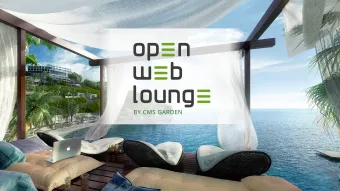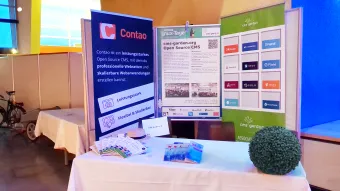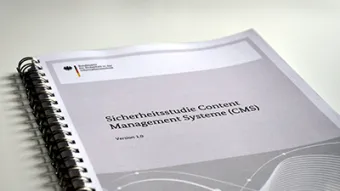User-friendly expandability
The development of the backend, the surface for technical and content management, follows the philosophy “decisions, not options”, and therefore makes the content development within the „naked“ system deceptively easy. WordPress generally distinguishes between static sites and dynamic articles. Those can easily be written in a simple editor and supported with pictures as well as other data. Articles are automatically listed on the homepage in chronological order by date.
There are thousands of extensions for needs beyond the essential functions, called plugins, freely available in the central Plugin Directory at WordPress.org. Those extensions can be downloaded and installed directly out of the WordPress backend or manually via (S)FTP onto the webserver. If needed, plugins can be updated with a single mouse click. In addition, important security updates will be installed automatically.
By now, there are very good free plugins for the most important applications. The sheer number of fully developed, frequently updated high-quality plugins for common applications like search engine optimization, multilingualism, or e-commerce, is overwhelming. Additional to the thousands of free plugins, WordPress has its own ecosystem of chargeable plugins, which are sold through a variety of different platforms.
Design packages in WordPress, called themes, are covered by an immense selection as well. Free of charge themes are, like plugins, primarily found in the central theme directory at WordPress.org. Additionally to thousands of free themes, a wide variety of chargeable themes is available, too. However, the development of own themes is easily possible with basic PHP, HTML, and CSS knowledge, thanks to plenty of templates and detailed instructions. By now, most of all new themes are responsive, meaning they adapt to the display width and are optimized for most devices like tablets or phones.


